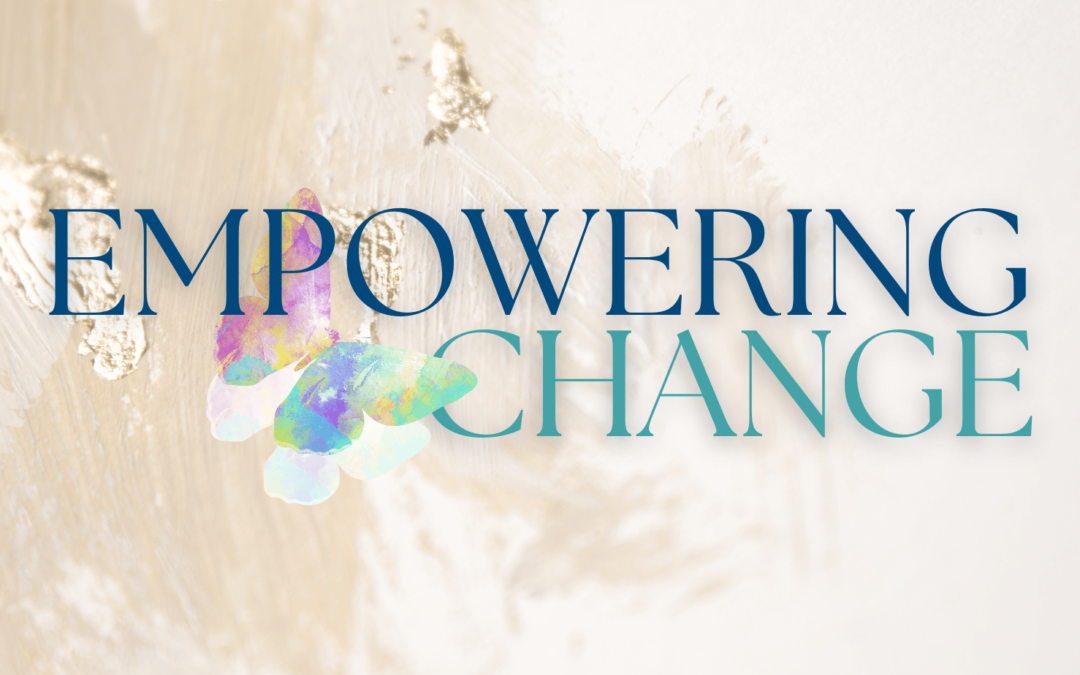In the intricate tapestry of mental health, the profound impacts of systemic racism weave a complex narrative, influencing both those navigating mental health conditions and those dedicated to guiding them through their struggles. This pervasive issue extends beyond individual experiences, shaping the social and historical contexts in which mental health challenges unfold.
Individuals from marginalized and minoritized* communities often find themselves grappling with a double burden – wrestling with mental health struggles while concurrently contending with discrimination, racism, stigma, and microaggressions. The intersectionality of these challenges places them at a disproportionately high risk, creating a nuanced and multifaceted landscape. The importance of recognizing the overarching societal and historical contexts cannot be overstated, as these factors intricately shape the very fabric of mental health issues.
Mental health professionals must acknowledge that they, too, are embedded in and reflective of the structures of society. These structures often disadvantage individuals from marginalized communities. To genuinely center the experiences of these communities, professionals must engage in a thorough exploration of their internal structures, axiomatic beliefs, and practices. It becomes evident through this introspection that a stance of clinical neutrality and an individualistic focus are not only insufficient but also potentially harmful for people from marginalized backgrounds.
The exploration into systemic barriers to care, stigma, lack of representation among providers, and mistrust of those who lack cultural understanding becomes paramount. Last year, Dr. Norman Kim brought this essential conversation to the Emerging Themes stage, inviting exploration into the realm of systemic racism within behavioral health. This year, we are honored to continue this dialogue with Dr. Alfiee Breland-Noble, a fierce advocate of optimal mental health for all who has spent over 25 years illuminating and reducing mental health disparities for diverse communities.
As we delve into these critical discussions, we invite you to join us at the Emerging Themes in Behavioral Health conference from April 17-19, 2024, at the UCLA Luskin Conference Center in Los Angeles, CA. The theme for this year, “Open to Hope Again,” encapsulates the collective journey of facing challenges and triumphs, beckoning exploration into the potential for renewal and transformation. This two-day event extends beyond being a source of valuable Continuing Education (CE) credits; it’s an immersive exploration designed to inspire, invigorate, and foster connections in the behavioral health community.

